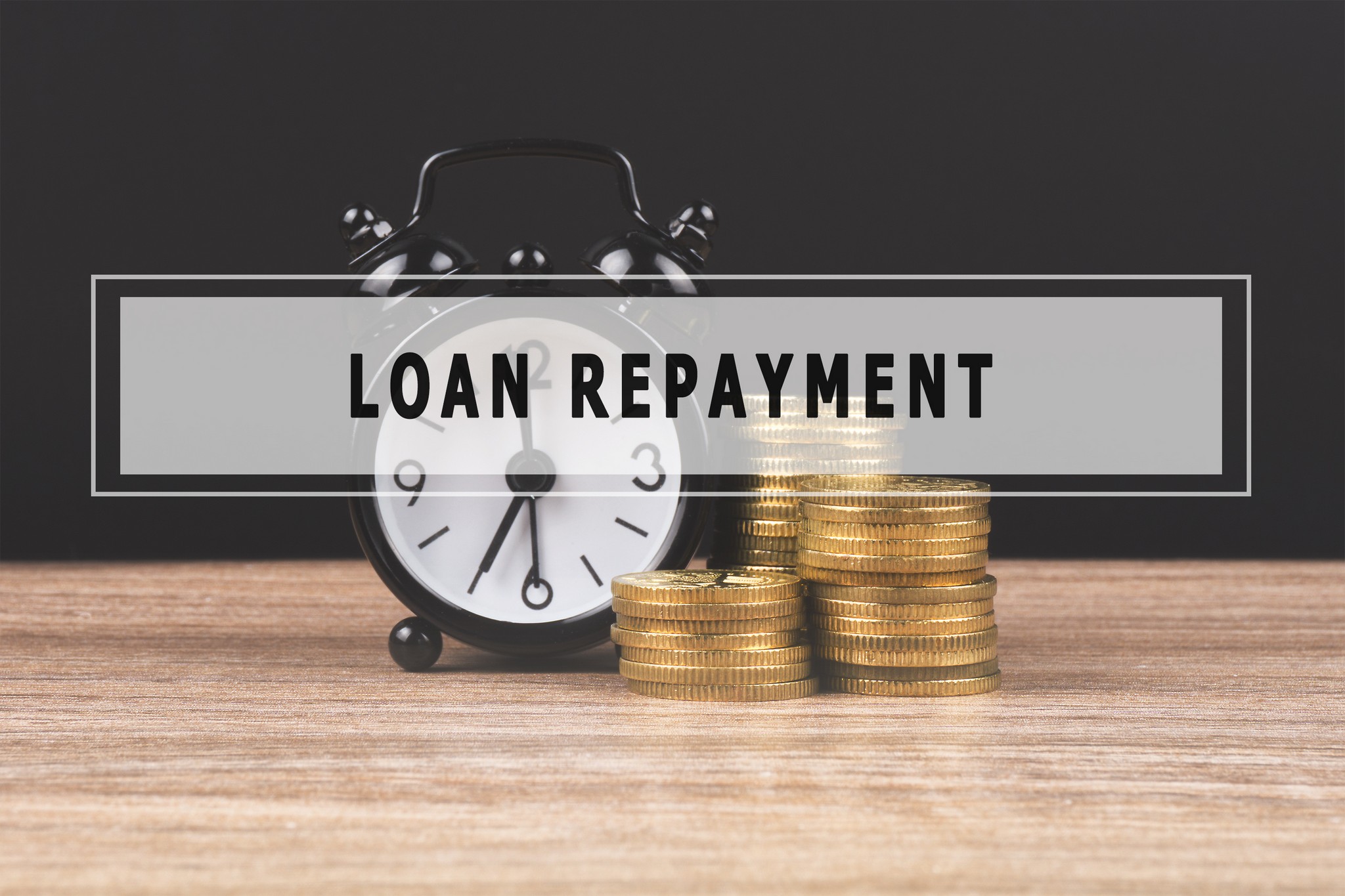
A home loan is an excellent source of financial aid that helps you in purchasing your dream home. A home loan is a long and major commitment and repaying consistently over a long period of time may be far more difficult than applying or receiving approval from the bank.
When applying for a home loan, you must go through a stringent documentation and approval process. Since the loan amount is large, lenders follow a strict procedure, as even the smallest inaccuracy might result in the application being rejected.
As a homeowner, the loan repayment procedure can be financially draining because you must repay on time without failure, or it can affect your credit score and future. Furthermore, the loan’s interest component adds to your troubles. Repayment, on the other hand, does not have to be a chore if you plan ahead of time.
Let us learn about Home Loan Repayment Tips:
- Loan Prepayment: You can reduce your interest payments by prepaying the loan amount. However, you should confirm this with the lender because some charge a penalty or require you to pay a fee if the interest rate is fixed. Although with floating rates loans it may be easier to prepay.
- Be on the lookout for cheaper interest rates: Find out if lenders are offering lower interest rates so you may quickly refinance or transfer your home loan balance. Refinancing can be a wise move because it decreases the interest burden by transferring the outstanding principal amount from the previous lender to a new lender at a reduced rate. This is a simple and practical technique to save money on interest and use it to meet other financial responsibilities. Many people become complacent when it comes to paying their mortgage. They simply continue to pay what the lender demands of them, with little regard of the industry. Lenders provide different deals at different periods of the year. With the right timing, you could switch your mortgage and take advantage of an array of discounts that allow you to repay your home loan faster.
- Get a shorter-term loan: The longer the loan term, the greater the interest rate charged by the lender. If you are financially secure, opt for a shorter term. This ensures that the Home Loan repayment procedure is expedited and that the interest rate is low.
- Larger down payment: Typically, a house buyer is expected to make a 20% down payment at the time of purchase. Although, if financially possible, it is better to give in a larger down payment so the loan amount can be decreased. This may help to cut the interest rate even further, and the home loan payback will be faster.
- Reduce excessive spending: This is self-explanatory, but it bears mentioning. Committing to paying further than the set payments into your loan and working towards debt-freedom goes hand in hand with reducing wasteful spending. Sure, giving up those extra little luxuries will not be easy, but even the modest amount paid into your repayment instead can make a great difference. Every additional payment accelerates the repayment of your principle debt, saving you hundreds of dollars in interest.
- Create an offset account: Consider opening an offset loan account if you do not already have one. Offset accounts function by linking your savings account where your paycheck is deposited, to your home loan account; the value in this account is offset against the balance in your home mortgage account, and you are only charged interest on the difference. With your repayments remaining constant while you pay less interest, more of your repayment goes towards paying down your principal loan, making your money do the hard work for you.
- Assume your mortgage has a higher interest rate: For example, your loan is on a 4% interest rate and if you make the set required payments, the loan will most likely last between 20 and 30 years. So, why not use your own interest rate on the mortgage? If you are at 4%, repay as if the loan had a 5% or 6% interest rate. These additional “interest payments” are not applied to the interest at all but will instead cut the loan principle. With this method, you can pay back the loan faster, and you will not be caught off guard if the variable rate rises. With this, do check with your lender if there are any penalties if you make extra payments to avoid overpaying and wasting money.
In conclusion, whatever path you choose, the first step is always to work out your finances beforehand. A good starting point is to discuss with a mortgage broker and find out the ways best suitable to your financial and mortgage conditions. Reach to us and we help you plan your repayments to make sure your loan is settled as quickly as possible






